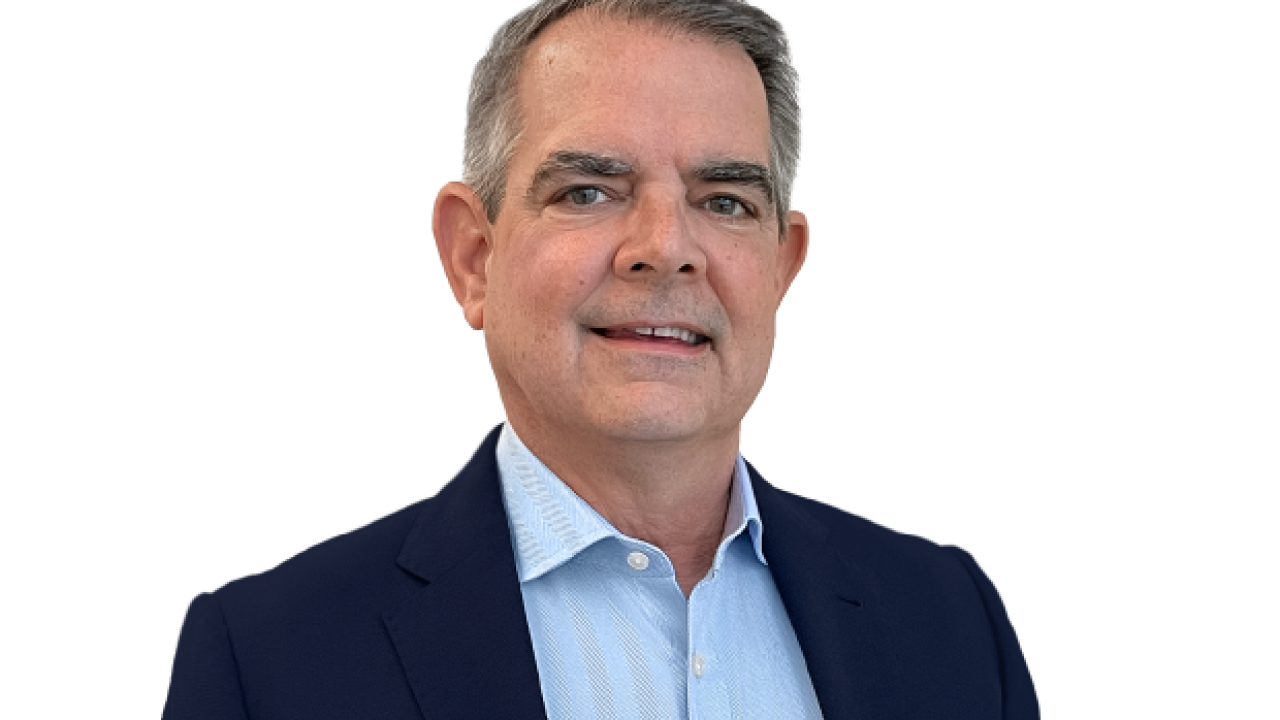New research from MassMutual Financial Group has revealed a surprising contrast in consumers’ confidence about retirement preparedness and their actual savings behavior that could help shape the next generation of retirement savings solutions. The study, conducted by Massachusetts Mutual Life Insurance Company (MassMutual), included responses from more than 17,000 individuals participating in some 2,300 employer-sponsored retirement savings plans administered by MassMutual’s Retirement Services Division. In examining the relationship between savings confidence and actual savings behavior, the study found that those who saved more and were active in managing their retirement savings actually were less confident in their retirement security and the retirement decisions they make compared to individuals with lower savings rates. A key finding showed that those who are more active in managing their retirement savings (79 percent) are also more eager for help and information about investments and investing versus those who are less active (47 percent). According to retirement experts at MassMutual, working with a financial professional may provide the kind of help these individuals want, as well as to help alleviate anxiety they may have regarding their investments for retirement. “Rather than just track what people are actually doing in terms of retirement savings, we are also deeply interested in the ‘Why,’” says Ian Sheridan, corporate vice president and chief marketing officer for MassMutual’s Retirement Services Division. “Our research shows that what individuals say and what they actually do are, at times, explicitly different.” Sheridan goes on to say that participants in the study were categorized as low, medium, and high savers based on their annual deferral rates of salary into a 401(k) savings plan. Low savers were those who deferred less than 4.0 percent, medium-savers between 4.0 percent and 7.99 percent, and high savers deferred 8.0 percent or more of their salaries. Individuals with the highest deferral rates said they enjoyed managing their finances more than the low and medium savers (57 percent of high savers versus 49 percent of medium and low savers). But, this fact notwithstanding, MassMutual said that those who take an active role in saving more and making investment decisions still lack confidence about those investment decisions and their financial security as they approach retirement. This is evidenced by the following findings:
- More money saved does not equal more confidence. Only 44 percent of high savers expressed confidence in their investment decisions, compared to 54 percent of low and medium savers.
- Insecurity about investment decisions abound. Sixty-five (65) percent of high savers said they weren’t sure their investment decisions were the right ones, as do 60 percent of low and medium savers.
- Saving more doesn’t mean saving enough. High savers were more concerned that they won’t have enough saved for retirement (44 percent) compared to only 32 percent of low and medium savers.
- Active savers want more help. High savers were eager for information about investments and investing, with 79 percent indicating they wanted help versus only 47 percent of low and medium savers.
As part of the company’s long-held belief that consumers require varying degrees of financial assistance at different points in their lives, MassMutual has embarked on a multi-faceted consumer education campaign designed to help consumers move beyond just thinking about their financial issues and actually taking action---by having a plan to help them realize their financial goals. “Anything that we can do to better engage Americans in helping to build their retirement future is a positive step,” says Sheridan. “Our goal is to give people the knowledge they need at every step of the process to move forward with confidence.”





